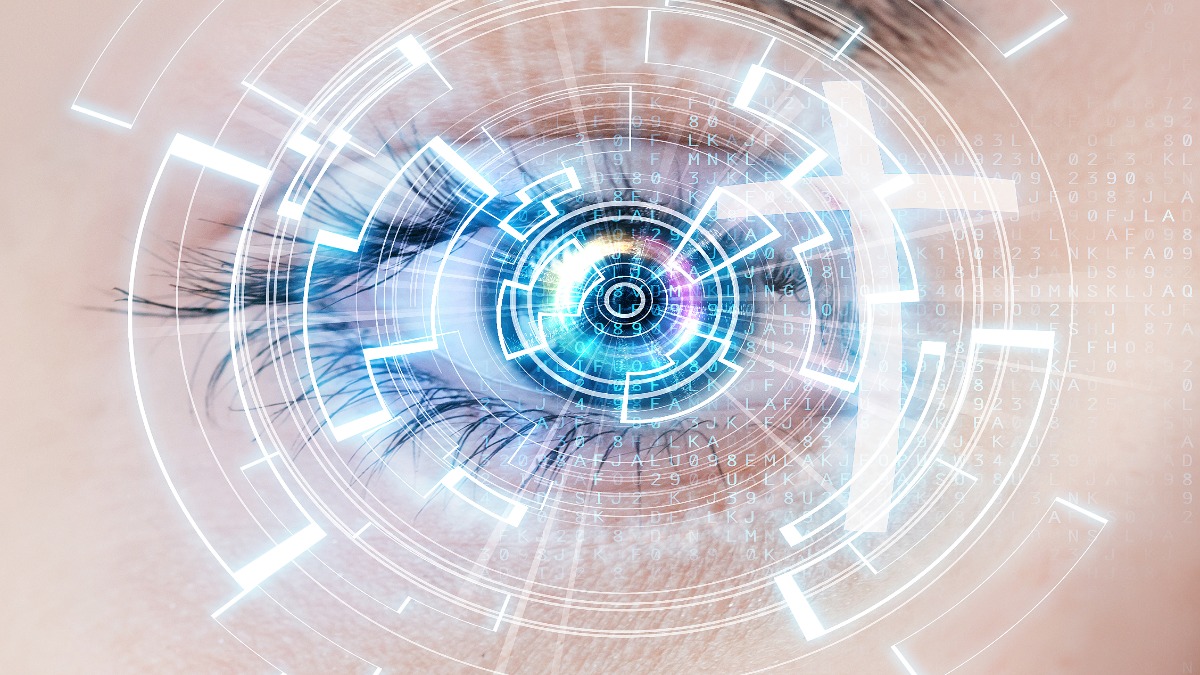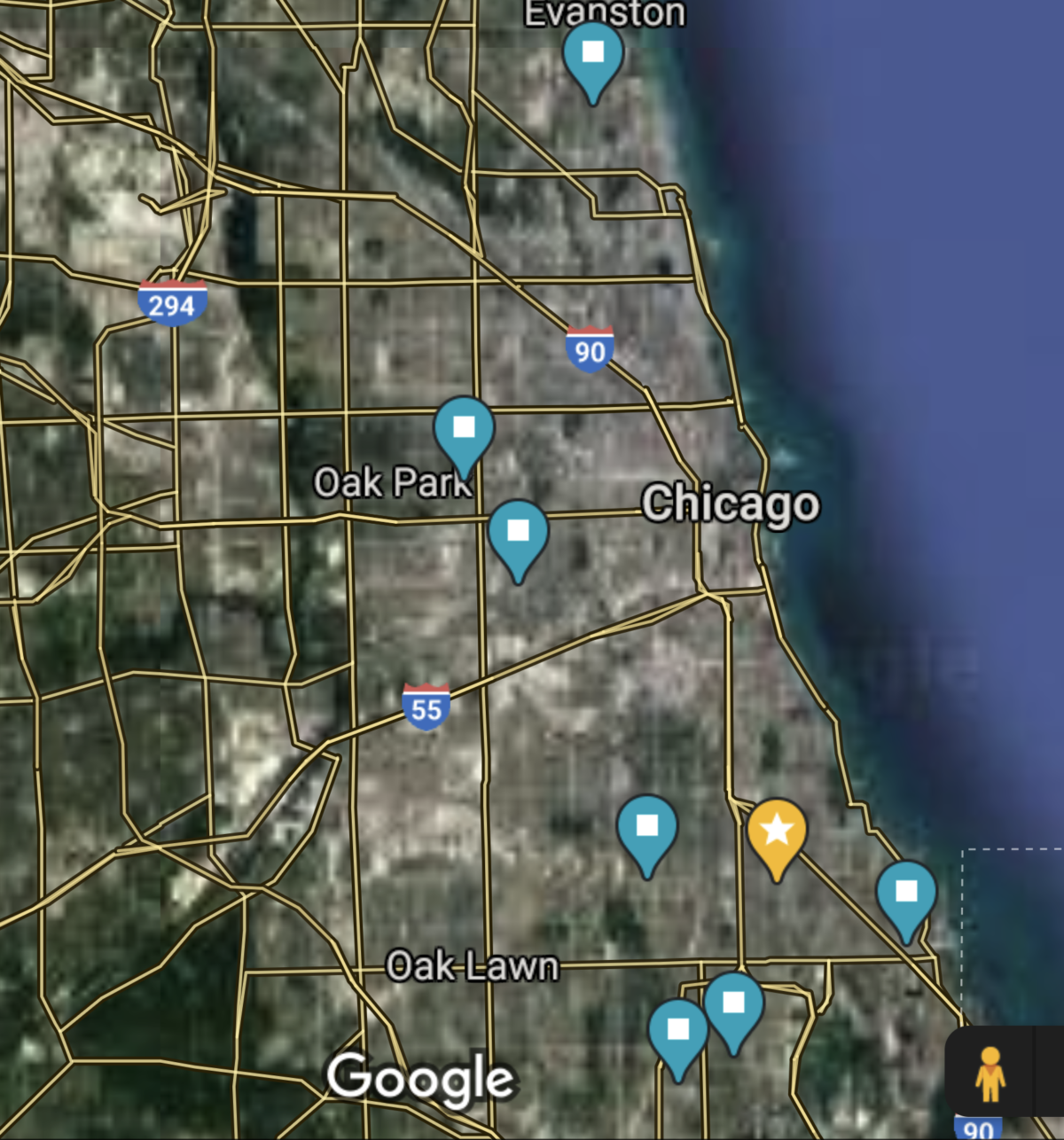Using Your Personal Computer to Work From Home
Let’s face it, these are weird times! Never before have we had the bulk of the country’s work force sheltering-in-place and working from home. We’re going on four months battling the spread of COVID-19. Workers have resigned, been terminated and furloughed and many have sensitive trade secrets loaded on their personal computers. Experts Lee Neubecker and the Data Dive Debbie Reynolds discuss currents situations and different audits they have performed for companies to retrieve intellectual property and company data. Check out this blog with transcripts.
Video Transcripts Follows
Lee Neubecker(LN): Hi, this is Lee Neubecker from Enigma Forensics. And I have Debbie Reynolds, the data diva back on the show from Reynolds consulting. Thanks for being on. Thank you so much for having me Lee. So what are your thoughts about the shift and changes that have happened over the last couple of months with everyone being stuck at home with their computers?
Debbie Reynolds(DR): I think it’s a interesting issue now, because as you know, even before the pandemic, there were people working at home. But now since there’s so many more people at home, it’s bringing up other security risks, especially with devices. And I’m sure you know, you probably explain more of your experience about working especially a forensic with people who are remote. And some of the challenges with those machines, especially, you know, the same people. They’re either working from home, people are getting furloughed or people are losing jobs where they’re, they’re not in the office. But they still have equipment. So I’m curious to see what you think about all that in terms of the device, the equipment, and some of the risks that come with that.
(LN) We’ve had a number of projects happen during this period where workers either have resigned, they’ve been terminated, or they’ve been furloughed, and there’s a need to get the company data back. And sometimes that data is on their personal computers. Other times the data is on a company issued laptop, but there are companies are just starting to get back to work. And there’s a whole host of issues. If you have sensitive trade secrets, and confidential electronic data on an employee’s personal or work computer, and you don’t have physical custody of that, there’s a real risk of that data getting disseminated to a new employer, maybe leaked online to the web, or maybe even you know, someone’s kid at home installs a game that opens up malware that puts those trade secrets at risk.
(DR) You know, we know a lot of people working from home, and a lot of people are using, I think the statistics said, the majority of people, maybe a slight majority, are using their own computers to, you know, tunnel in via VPN or whatever. But we all know that people still, under a lot of circumstances, let’s say they’re printing, or they have a file they want to, you know, leave locally or something. What is your advice from a forensic perspective? ‘Cause we can, we always see a lot of data co mingle together, unfortunately, where the personal and people’s business stuff maybe, you know, together in some way, so what is kind of your advice for people working at home for stuff like that?
(LN) If an employee’s is being asked to work from home, they should ask for a work issued computer.
(DR) Right
(LN) Also you should be using a virtual desktop of sorts.
(DR) Right. Yeah, exactly. But you’ve seen I’m sure you’ve seen a lot of situations where you’re asked to do forensic work. And there is a lot of personal stuff, even on a company.
(LN) Yeah, we’ve had situations where people have, despite having work issued computers, they’ve still connected their personal computer up to corporate resources, office 365. I’ve seen situations where there’s drives that are syncing to personal, former employees, personal computers, and even though the accounts are severed, so it can’t continue to sync, then all that data might still reside. So we’re doing audits right now for clients to look for, you know, what devices are synchronizing with corporate data stores, and some of those devices. You know, there really needs to be accounting and audit to match up those devices to ensure that only accounts of active employees are syncing and that those devices are company issued devices, not personal devices because it poses a real risk. It’s a problem that could be preempted by issuing, you know, work equipment, not co mingling work and home stuff.
(DR) Are you seeing problems where people are, let’s say they have a phone. And they have like, for example, let’s say they have an Apple phone and they have a iCloud account. And the phone belongs to the company, but their iCloud account is their own personal account where you have problems getting those passwords.
(LN) Yeah, for the most part, we’ve had compliance and I’ve worked to try to help solve the problem, you know, the employee might have stuff they need. And usually what we’re doing in most cases where we have co mingle data, where we’re giving the employee or former employee the opportunity to put all their personal stuff onto a drive that will then do a search against and then we’ll wipe, wipe, completely wipe, the original device. They’ll sign a certification of sorts, and then they’ll only copy the stuff that they, that they copied off that we verified, didn’t contain trade secrets, and they’ll pull that back down to the computer. But that relies on some level of trust that if the employee or former employee signs, a declaration or affidavit saying that they returned everything that they’re being honest.
(DR) Do you have people that are concerned, especially in the legal field about people doing remote document review, and having sensitive documents viewed on their computers at home?
(LN) Well, I think that’s a legitimate question. And you know, if, if companies are outsourcing document review, they should be asking the provider, provider questions about, you know, how, what steps are you taking to make sure that those endpoint reviewers aren’t using computers that are compromised? In many cases, companies are using independent contractors as their reviewers and they’re not issuing corporate equipment. So that that’s a real risk that the whole ediscovery industry really needs to grapple with, because someone’s going to get burned at some point in time, especially during this, this pandemic with, you know, resources taxed and people working from home.
(DR) I have one more burning question for you, actually. And this is about BYOD. What do you think? Because the pandemic, do you think more companies will start to do more or less, bring your own device things as a result? I think we’re going to see a lot of problems come out of BYOD devices where companies see the problem of losing control of their data. And, at least with the larger companies, I think you’re going to see probably more strict, more strict enforcement of using corporate resources. I mean, there were many companies right before Illinois shut down went into effect they were ordering laptops going running out to, you know, retail stores to quickly grab whatever they could, so they can issue laptops to their employees. And, and so I think you’re going to see, I think you’re going to see a movement away from BYOD in the future.
(LN) I agree with that. I think it’s been a long time coming. I don’t know if you remember when they were first doing this, you know, at first companies were giving people devices, then they decided well we’ll save money will be out BYOD Now it seems like a pain in the neck to deal with it. And it’s all these risk issues. So I really feel that they’re going to start to go back the other way.
(DR) Now, well there’s a cost associated with BYOD. And now people are furloughed and all your sensitive data is on former employees, personal computers. So then you’ve got to hire a forensic expert like me to try to work through to get the data back and to solve that problem, which, you know, it might have been much easier to issue a 500 dollar laptop to employee, then to have them synchronize that ’cause they’re going to pay more than $500 dollars to try to solve the problem of getting their data back. So after we get through this next bump in the business cycle where companies are paying out to have to retrieve their data, I think you’ll see that most CFOs will see it’s smart sense to issue corporate laptops and to block access to BYOD devices. But thanks for the question. It was a good one.
(LN) Thank you. Fascinating. Thank you for sharing.
(DR) Thanks









